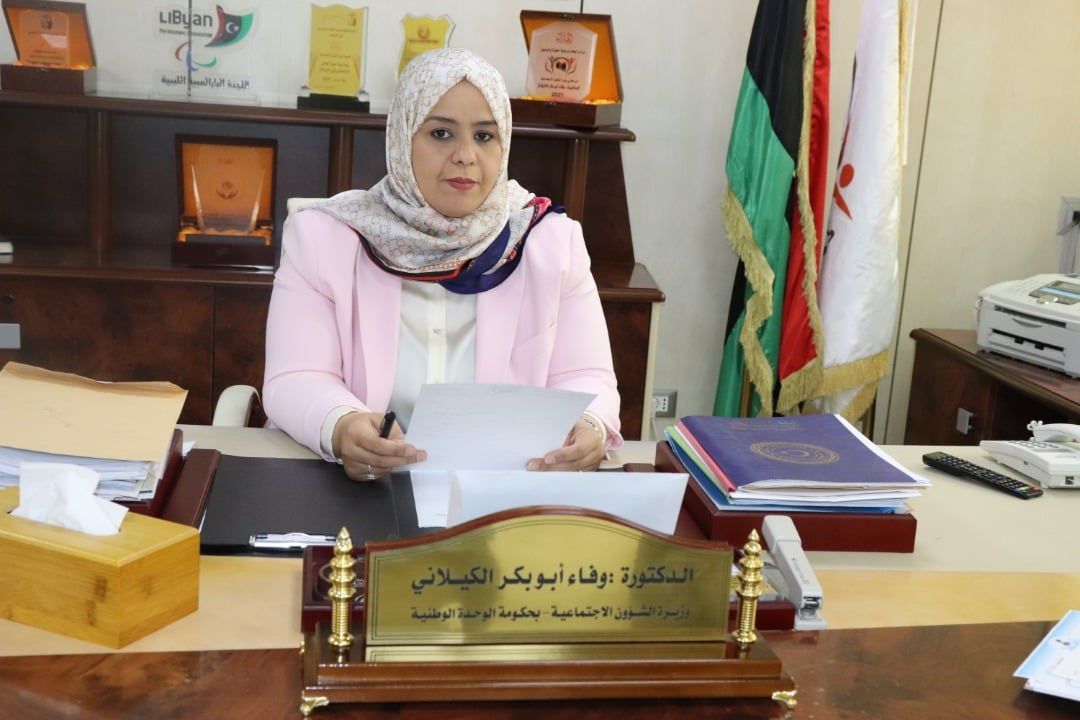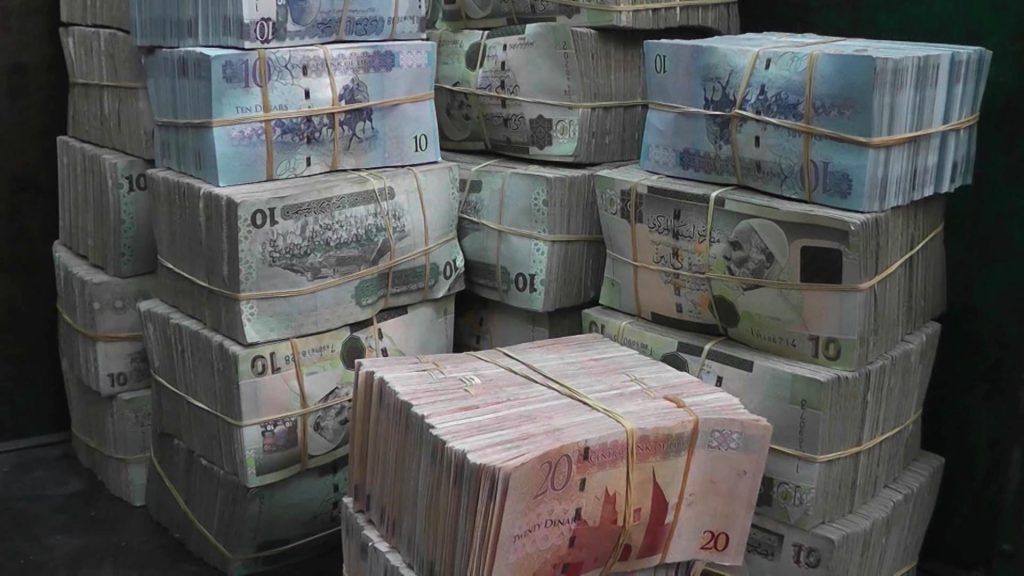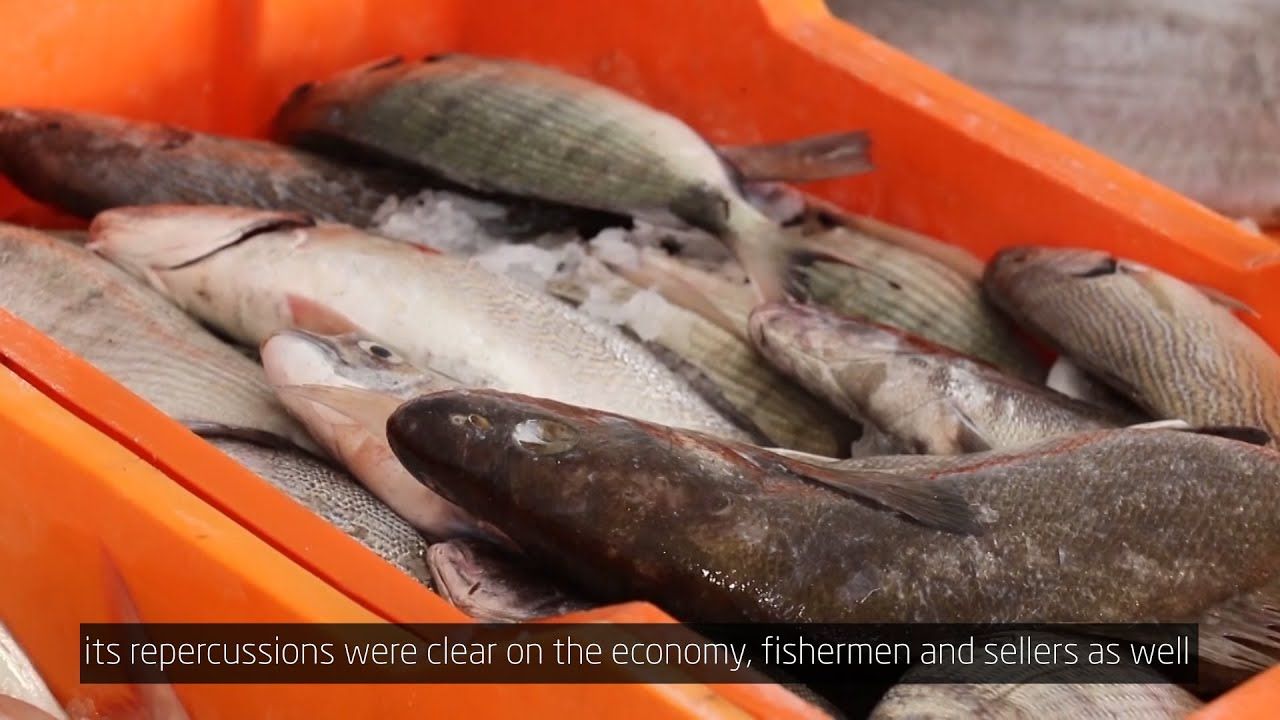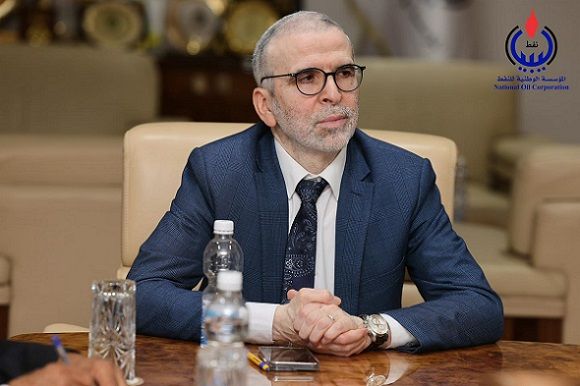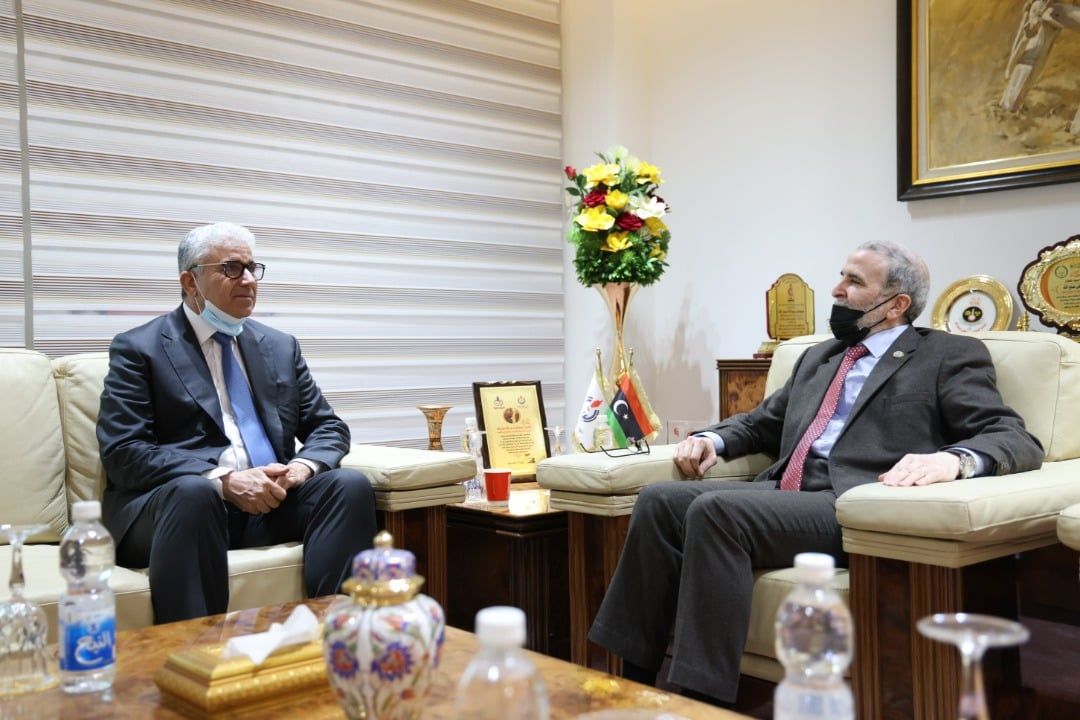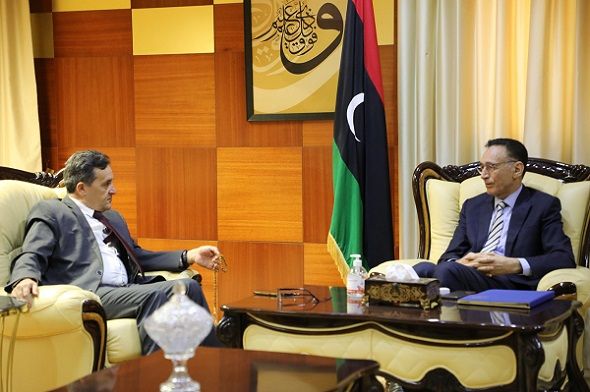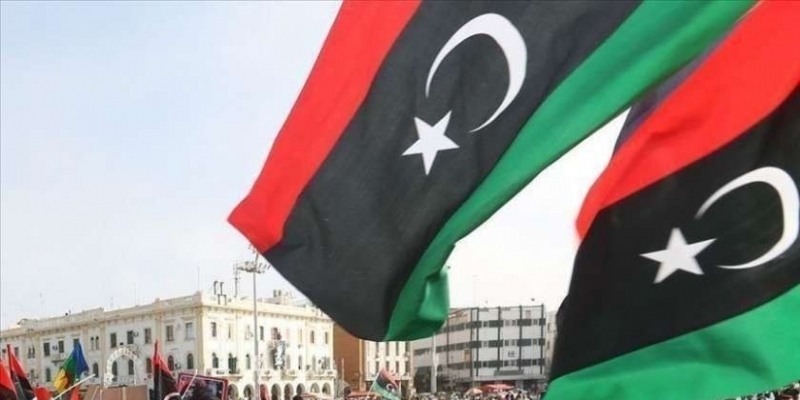Al-Kilani discusses the situation in the city of Tawergha
The Minister of Social Affairs, Wafa Al-Kilani, held a meeting with a delegation of notables and sheikhs of Tawergha, where they gave the minister an idea about the situation after a number of families returned to the city.
It also discussed ways to speed up the return of the displaced through a set of measures that motivate citizens to return, including providing infrastructure such as regular electricity, maintaining schools, hospitals, sanitation, and helping families whose homes were damaged, repairing and maintaining them.
Al-Kilani also stressed her interest in the displaced families, as she formed a committee to confine the displaced from Tawergha in the Tripoli camps, and to follow up on the psychological support team of the Ministry for the children of the camps. She promised, through the National Unity Government, to seek to solve many of the problems that impede the return of the displaced.
She also revealed the ministry’s intention, if conditions permit, to hold the next productive families exhibition in Tawergha to encourage them in the city.
